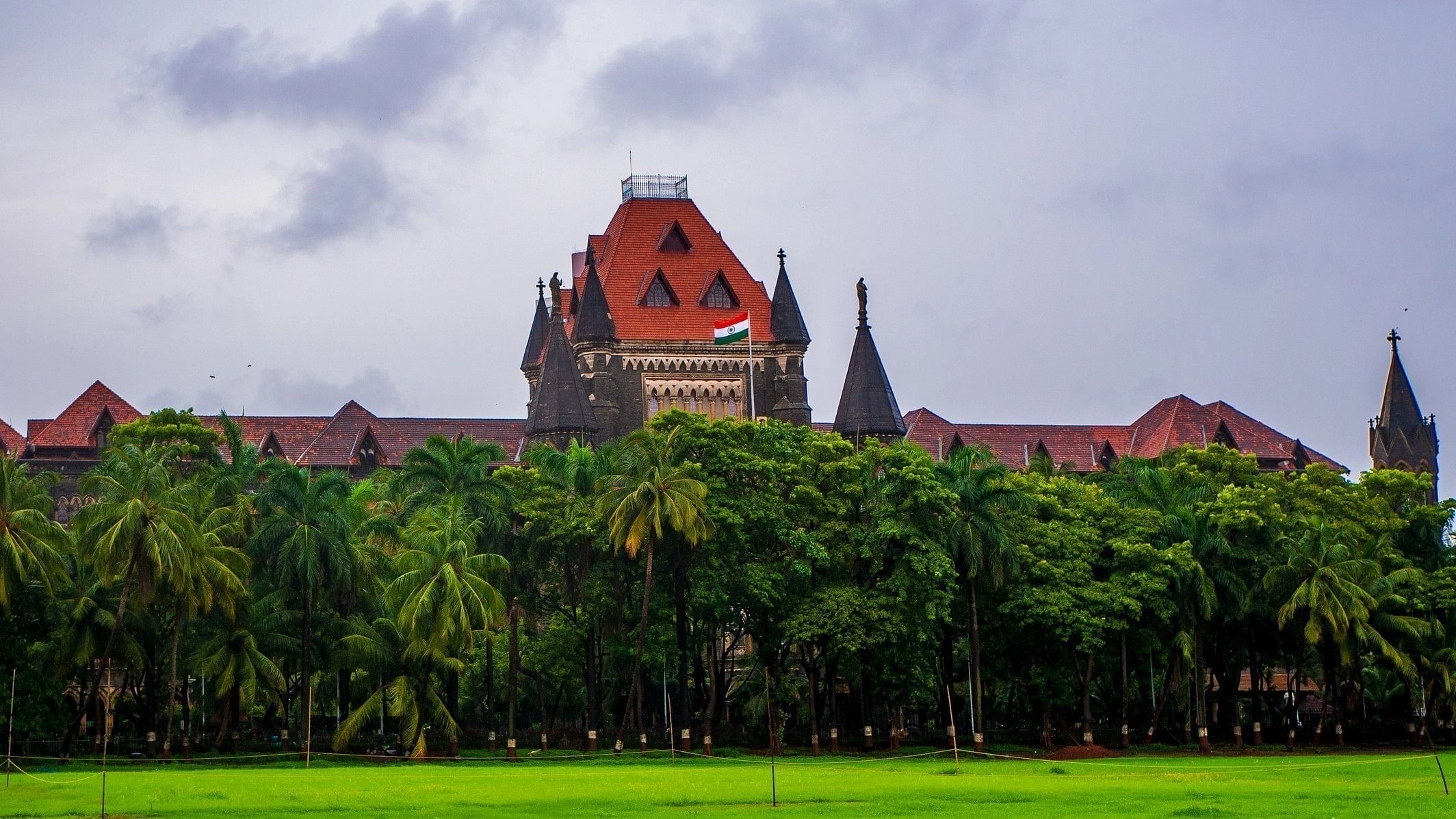
File photo of Bombay High Court.
Credit: iStock Photo
Mumbai: A Muslim man can register more than one marriage as their personal laws permit multiple marriages, the Bombay High Court held in a case of a man seeking to register his union with his third wife.
A division bench of Justices B P Colabawalla and Somasekhar Sundaresan on October 15 directed the deputy marriage registration office of the Thane Municipal Corporation to decide the application filed by a Muslim man in February last year seeking to register his third marriage with a woman from Algeria.
The couple, in their plea, sought direction to the authorities to issue them a marriage certificate, claiming that their application was rejected as this was the man's third marriage.
The authorities refused to register the marriage on the ground that under the Maharashtra Regulation of Marriage Bureaus and Registration of Marriage Act, the definition of marriage contemplates only a single marriage and not multiple unions.
The bench, however, termed the authority's refusal as "wholly misconceived" and said in the entire scheme of the Act, it does not find anything that would preclude a Muslim man from registering a third marriage.
"Under the personal laws for Muslims, they are entitled to have four wives at a time. Once this is the case, we are unable to accept the submission of the authorities that under the provisions of the Maharashtra Regulation of Marriage Bureaus and Registration of Marriages Act, only one marriage can be registered, even in the case of a Muslim male," the court said.
The bench said if it were to accept the authorities' contention, then it would effectively mean that the Maharashtra Regulation of Marriage Bureaus and Registration of Marriages Act overrides and/or has displaced the personal laws of Muslims.
"There is absolutely nothing in this Act to indicate that the personal laws of Muslims have been excluded," the court said.
It further noted that the same authorities had ironically registered the petitioner's marriage with his second wife.
The authority had also claimed that the petitioner couple had not furnished certain documents. The court then directed the petitioners to submit all relevant documents within two weeks.
The court ordered that once these documents are submitted, the concerned authority of the Thane civic body shall give the petitioners a personal hearing and pass a reasoned order either granting marriage registration or refusing the same within ten days.
The bench directed that until then, no coercive steps should be taken against the petitioner woman whose passport expired in May this year.